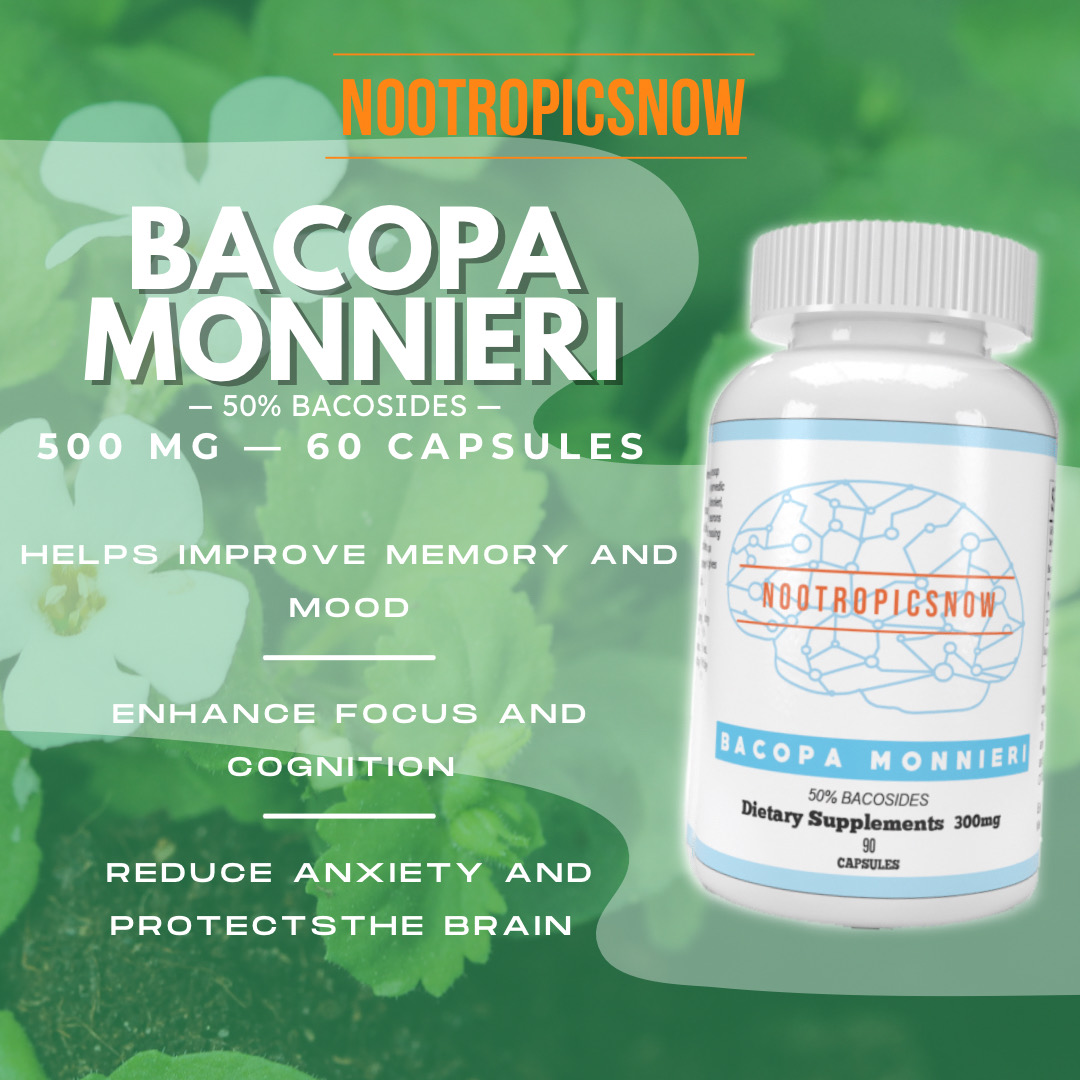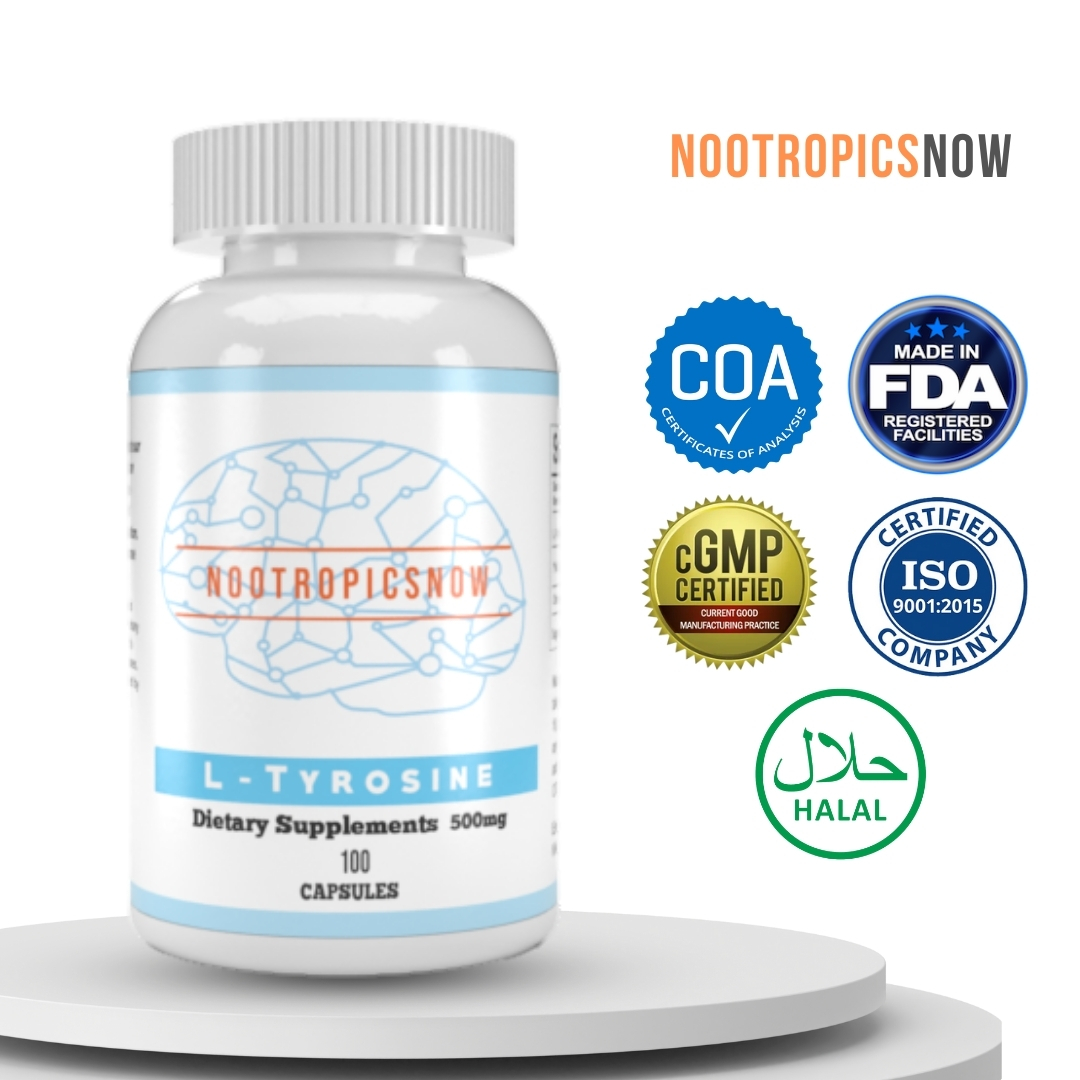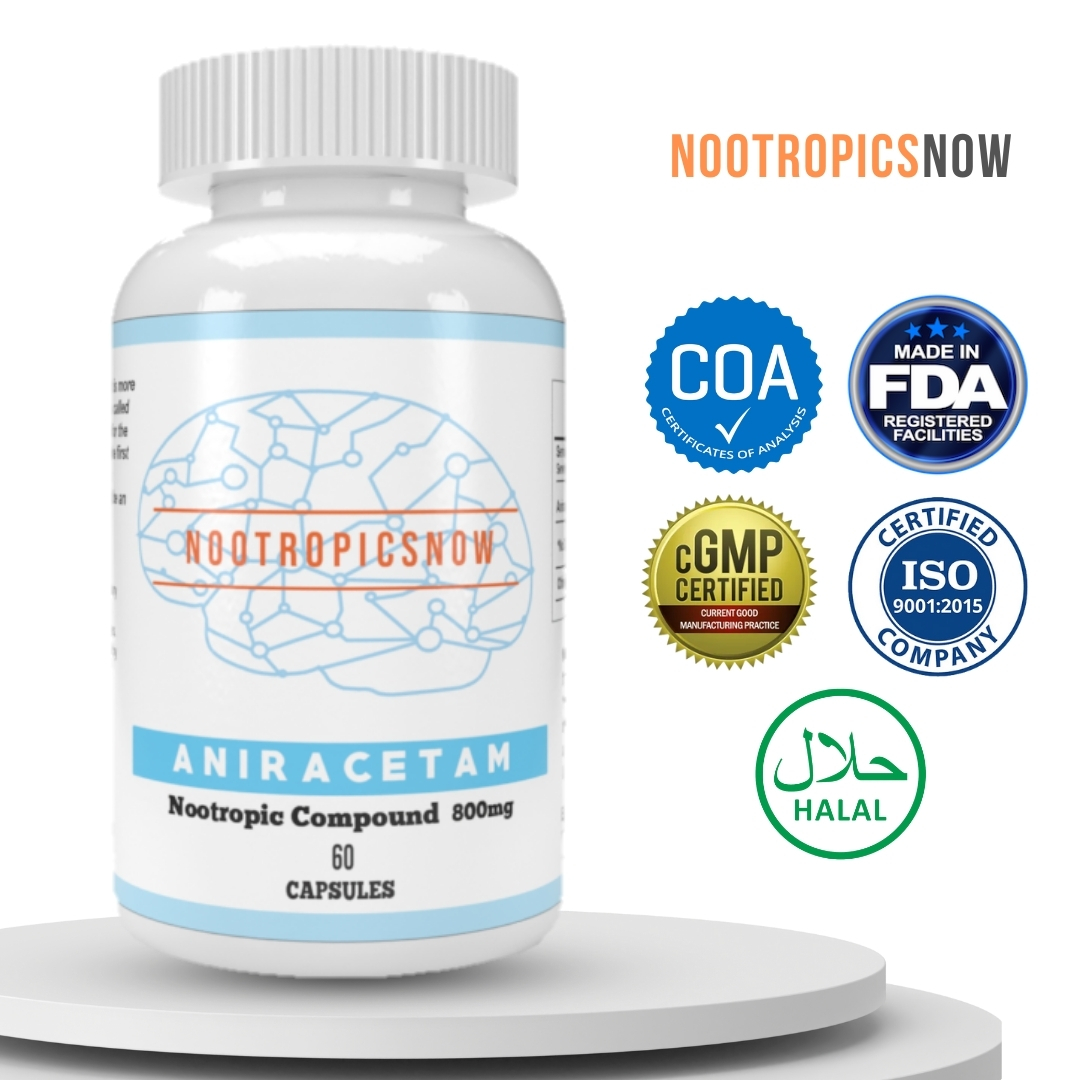Cognitive Enhancers: Drugs That Boost Brainpower

`markdown
Unveiling Cognitive Enhancers: Drugs That Improve Brain Function
The quest for heightened cognitive abilities has fueled interest in substances capable of sharpening focus, boosting memory, and enhancing overall mental performance. Several drugs, developed for medical conditions, have shown potential as cognitive enhancers, often called “smart drugs” or nootropics. However, it’s vital to understand their mechanisms, benefits, and potential risks before considering their use.
Understanding Cognitive Enhancement

Cognitive enhancement refers to the improvement of cognitive processes, including attention, memory, executive functions, and processing speed. These enhancements can be achieved through various means, including lifestyle changes, cognitive training, and, in some cases, pharmacological interventions. Cognitive enhancers target specific neurotransmitter systems or brain regions to facilitate optimal cognitive function.
Prescription Medications as Cognitive Enhancers
Several prescription medications, primarily intended for treating neurological or psychiatric disorders, are used off-label for their cognitive-enhancing effects.
1. Modafinil: The Wakefulness Agent
Modafinil, sold under brand names like Provigil, is primarily prescribed for narcolepsy, shift work sleep disorder, and excessive daytime sleepiness. However, its ability to promote wakefulness and improve focus has made it a popular cognitive enhancer.
2. Methylphenidate: The ADHD Medication
Methylphenidate, sold under brand names like Ritalin and Concerta, is a stimulant medication primarily used to treat attention-deficit/hyperactivity disorder (ADHD). It’s also used off-label as a cognitive enhancer.
3. Amphetamine: Another ADHD Treatment
Amphetamine, sold under brand names like Adderall and Vyvanse, is another stimulant medication used to treat ADHD and narcolepsy. Similar to methylphenidate, it’s also used off-label as a cognitive enhancer.
4. Donepezil (Aricept): An Alzheimer’s Treatment
Donepezil is an acetylcholinesterase inhibitor prescribed for Alzheimer’s disease to improve cognitive function. Acetylcholinesterase inhibitors slow down the breakdown of acetylcholine, a neurotransmitter critical for memory and learning, thus increasing acetylcholine levels in the brain. This increased acetylcholine availability can improve memory and cognitive processing speed. While its primary use is in treating dementia, research is ongoing into potential cognitive benefits for healthy individuals.
Over-the-Counter Nootropics and Supplements
Besides prescription medications, several over-the-counter substances are marketed as nootropics or cognitive enhancers. Their efficacy and safety are often less well-established than those of prescription drugs.
1. Caffeine and L-Theanine Combination
Caffeine is a stimulant that increases alertness and reduces fatigue by blocking adenosine receptors in the brain. L-theanine, an amino acid found in tea, promotes relaxation without causing drowsiness. The combination of caffeine and L-theanine can enhance cognitive performance and reduce the anxiety often associated with caffeine alone. Studies suggest that this combination improves attention, focus, and reaction time, making it a popular choice for those seeking a mild cognitive boost.
View Product
2. Creatine
Creatine is a naturally occurring compound primarily known for its role in muscle energy production. However, it also plays a role in brain energy metabolism. Studies have shown that creatine supplementation can improve cognitive function, particularly in tasks requiring short-term memory and reasoning. Creatine increases phosphocreatine levels in the brain, which can enhance energy supply and improve cognitive performance.
3. Bacopa Monnieri
Bacopa Monnieri is an herb used in traditional Ayurvedic medicine. It’s believed to have antioxidant and neuroprotective properties. Research suggests that Bacopa Monnieri can improve memory, learning, and cognitive processing speed. It works by enhancing cerebral blood flow and modulating neurotransmitter systems, such as acetylcholine. Long-term use might be required to see significant cognitive benefits.

View Product
4. L-Tyrosine
L-tyrosine is an amino acid that serves as a precursor to dopamine, norepinephrine, and epinephrine. Supplementation with L-tyrosine may improve cognitive function, particularly in situations involving stress or sleep deprivation. It helps maintain cognitive performance by supporting neurotransmitter synthesis under stressful conditions. It is not a strong cognitive enhancer but it may assist in mental performance under stress.

View Product
5. Omega-3 Fatty Acids
Omega-3 fatty acids, particularly EPA and DHA, are essential for brain health and function. They are important components of cell membranes and play a role in neuronal signaling. Studies suggest that omega-3 fatty acid supplementation can improve cognitive function, particularly in older adults and individuals with cognitive decline. These fatty acids have also demonstrated their protective effects against cognitive decline and neurodegenerative diseases, promoting overall brain health.
6. Lion’s Mane Mushroom
Lion’s Mane mushroom (Hericium erinaceus) is a medicinal mushroom that contains compounds believed to stimulate nerve growth factor (NGF) production in the brain. NGF is crucial for the growth, maintenance, and survival of neurons. Studies suggest that Lion’s Mane may improve cognitive function, particularly memory and focus. It also possesses neuroprotective properties that can contribute to long-term brain health.
View Product
Natural Cognitive Enhancers
Beyond supplements, natural strategies significantly contribute to improving cognitive function.
1. Regular Exercise
Physical activity increases blood flow to the brain and promotes the release of brain-derived neurotrophic factor (BDNF), which supports neuronal growth and survival. Regular exercise has been shown to improve cognitive function, including memory, attention, and executive functions. It also reduces the risk of age-related cognitive decline.
2. Adequate Sleep
Sleep is essential for cognitive function. During sleep, the brain consolidates memories and clears out toxins. Chronic sleep deprivation can impair cognitive performance, leading to decreased attention, memory problems, and impaired decision-making. Aim for 7-9 hours of quality sleep per night to optimize cognitive function.
3. Healthy Diet
A healthy diet rich in fruits, vegetables, whole grains, and lean protein provides the nutrients needed for optimal brain function. Certain nutrients, such as antioxidants, vitamins, and minerals, can protect the brain from damage and support cognitive performance. A Mediterranean-style diet, rich in omega-3 fatty acids, antioxidants, and healthy fats, is particularly beneficial for brain health.
4. Mindfulness and Meditation
Mindfulness practices, such as meditation, can improve attention, focus, and emotional regulation. Meditation has been shown to increase gray matter volume in brain regions associated with attention and cognitive control. Regular mindfulness practice can enhance cognitive function and reduce stress, leading to improved mental well-being.
5. Cognitive Training
Engaging in mentally stimulating activities, such as puzzles, games, and learning new skills, can improve cognitive function. Cognitive training exercises can enhance specific cognitive abilities, such as memory, attention, and processing speed. These activities help maintain cognitive flexibility and resilience throughout life.
Ethical Considerations and Potential Risks
The use of cognitive enhancers raises ethical concerns, particularly regarding fairness, coercion, and potential inequalities. The unregulated use of these drugs could create unfair advantages in academic, professional, and competitive settings. Furthermore, there are risks associated with the long-term use of cognitive enhancers, including potential side effects, dependence, and unknown consequences. It’s crucial to carefully weigh the potential benefits against the risks and ethical considerations before using any cognitive enhancer.
Conclusion
Several drugs and supplements can improve cognitive function, ranging from prescription medications like Modafinil and methylphenidate to over-the-counter substances like caffeine and Bacopa Monnieri. While these substances may offer cognitive benefits, it’s essential to consider their mechanisms, potential side effects, and ethical implications. Natural strategies, such as regular exercise, adequate sleep, a healthy diet, mindfulness, and cognitive training, can also significantly contribute to optimizing cognitive function and overall brain health. Consulting with a healthcare professional is always recommended before starting any new cognitive enhancement regimen.
`
`markdown
What Drugs Improve Cognitive Function?
Cognitive enhancement refers to the amplification or improvement of cognitive abilities, including memory, attention, executive functions, and creativity, beyond the normal range for an individual. Several substances, both pharmaceutical and natural, have demonstrated potential for cognitive enhancement. These substances, often referred to as nootropics or “smart drugs,” are utilized by individuals seeking to boost their mental performance. However, it is essential to approach their use with caution and understand the potential risks and benefits.
Pharmaceutical Cognitive Enhancers
Pharmaceutical cognitive enhancers are prescription medications that are sometimes used off-label to improve cognitive function in healthy individuals. While these drugs are primarily designed to treat specific medical conditions, their cognitive-enhancing effects have garnered attention and interest.
1. Modafinil
Modafinil is a wakefulness-promoting agent primarily prescribed for narcolepsy, shift work sleep disorder, and obstructive sleep apnea. However, it is also widely used off-label as a cognitive enhancer. Modafinil enhances wakefulness, improves focus, and reduces fatigue. Studies have demonstrated its ability to enhance cognitive functions such as attention, working memory, and executive functions. A systematic review published in European Neuropsychopharmacology in 2015, for example, found that modafinil could improve planning, decision-making, and learning.
Modafinil’s mechanism of action involves affecting several neurotransmitter systems in the brain. It increases dopamine levels, which contributes to its wakefulness-promoting effects. It also affects histamine, orexin (hypocretin), and norepinephrine neurotransmission, further enhancing alertness and cognitive function.
While generally well-tolerated, Modafinil can cause side effects such as headaches, nausea, anxiety, and insomnia. It is also crucial to consider potential drug interactions and contraindications before using Modafinil.
2. Methylphenidate (Ritalin)
Methylphenidate, commonly known as Ritalin, is a stimulant medication primarily prescribed for attention deficit hyperactivity disorder (ADHD). It increases dopamine and norepinephrine levels in the brain, which improves focus, attention, and impulse control. Studies have shown that methylphenidate can enhance cognitive performance in healthy individuals, particularly in tasks that require sustained attention and working memory.
Research published in Neuroscience & Biobehavioral Reviews in 2009 indicated that methylphenidate could enhance attention and working memory in healthy adults. However, its effects on other cognitive functions, such as creativity and decision-making, are less consistent.
Side effects of methylphenidate can include insomnia, appetite suppression, anxiety, and increased heart rate. Like other stimulant medications, methylphenidate also carries a risk of dependence and abuse, so responsible use is critical.
3. Amphetamine (Adderall)
Amphetamine, often sold under the brand name Adderall, is another stimulant medication primarily prescribed for ADHD and narcolepsy. Similar to methylphenidate, amphetamine increases dopamine and norepinephrine levels in the brain, enhancing focus, attention, and motivation. It can also improve cognitive functions such as working memory and executive functions. A 2018 review in Current Neuropharmacology highlighted Adderall’s potential to improve cognitive performance, particularly in areas of attention and focus.
Adderall’s side effects include insomnia, decreased appetite, anxiety, and increased blood pressure. It also carries a higher risk of dependence and abuse compared to some other cognitive enhancers.
4. Donepezil (Aricept)
Donepezil is an acetylcholinesterase inhibitor primarily used to treat Alzheimer’s disease. It works by increasing levels of acetylcholine, a neurotransmitter involved in memory and learning, in the brain. While primarily used for individuals with cognitive impairment, some studies suggest that donepezil may have cognitive-enhancing effects in healthy individuals.
Research has indicated that Donepezil might improve memory performance in specific tasks, although the effects can vary significantly between individuals. Furthermore, its use is associated with a range of potential side effects, including gastrointestinal issues, muscle cramps, and fatigue.
5. Memantine (Namenda)
Memantine is another medication used to treat Alzheimer’s disease. It works by regulating the activity of glutamate, a neurotransmitter involved in learning and memory. Memantine is an NMDA receptor antagonist, which means it blocks the excessive stimulation of glutamate receptors.
Some studies suggest that memantine might have cognitive-enhancing effects in healthy individuals, particularly in memory tasks. However, the evidence is limited, and memantine is not typically used as a cognitive enhancer in healthy individuals. Side effects can include dizziness, headaches, and confusion.
Racetams
Racetams are a class of synthetic compounds derived from piracetam, the first nootropic drug. These compounds are believed to enhance cognitive function by modulating neurotransmitter systems in the brain. However, the exact mechanisms of action are not fully understood.
1. Piracetam
Piracetam is the original racetam and has been studied for its potential cognitive-enhancing effects. Some studies suggest that piracetam can improve memory, learning, and overall cognitive function, particularly in individuals with cognitive impairment. However, the evidence for its effectiveness in healthy individuals is less consistent.
A 2012 meta-analysis published in the Journal of Alzheimer’s Disease indicated that piracetam might have some benefits for cognitive function in elderly individuals with cognitive decline. However, the effects were modest, and further research is needed.
Side effects of piracetam are generally mild and can include headaches, nausea, and insomnia. However, some individuals may experience more significant adverse effects.
2. Aniracetam
Aniracetam is another racetam derivative with potential cognitive-enhancing effects. It is believed to enhance memory, learning, and mood. Aniracetam affects the cholinergic and glutamatergic systems, which may contribute to its cognitive effects.
Some studies suggest that aniracetam may improve cognitive function in individuals with anxiety or depression. However, more research is needed to fully understand its effects in healthy individuals. Side effects are generally mild but can include anxiety, nervousness, and gastrointestinal disturbances.
Here’s a product that contains aniracetam that you may find useful.

View Product
3. Oxiracetam
Oxiracetam is a racetam derivative believed to enhance memory, learning, and focus. Some studies suggest that oxiracetam may improve cognitive performance in healthy individuals, particularly in tasks that require attention and working memory.
Here’s a product containing oxiracetam you might want to check out.

View Product
A 2013 study in Pharmacology, Biochemistry and Behavior found that oxiracetam improved working memory and attention in healthy young adults. However, more research is needed to confirm these findings. Side effects are typically mild and may include headaches, insomnia, and nervousness.
4. Pramiracetam
Pramiracetam is a potent racetam derivative that is believed to enhance memory, learning, and focus. It is often considered more potent than other racetams, such as piracetam and aniracetam. Pramiracetam is thought to affect the cholinergic system and increase acetylcholine levels in the brain.
Some studies suggest that pramiracetam may improve cognitive function in individuals with cognitive impairment, such as those with Alzheimer’s disease or traumatic brain injury. However, research on its effects in healthy individuals is limited. Side effects can include headaches, nervousness, and gastrointestinal disturbances.
Natural Cognitive Enhancers
Natural cognitive enhancers are substances derived from plants, herbs, and other natural sources that are believed to enhance cognitive function. These substances are often used as dietary supplements and are generally considered safer than pharmaceutical cognitive enhancers, although more research is often needed.
1. Caffeine
Caffeine is a well-known stimulant that can enhance alertness, focus, and cognitive performance. It works by blocking adenosine receptors in the brain, which reduces drowsiness and increases alertness.
Numerous studies have shown that caffeine can improve cognitive functions such as attention, working memory, and reaction time. A 2014 review in Psychopharmacology found that caffeine improved cognitive performance, particularly in sustained attention and vigilance tasks. Caffeine can also enhance mood and reduce fatigue.
However, caffeine can also cause side effects such as anxiety, insomnia, and increased heart rate. Some individuals may be more sensitive to caffeine than others, and excessive caffeine consumption can lead to adverse effects.
2. L-Theanine
L-Theanine is an amino acid found primarily in tea leaves. It is believed to promote relaxation and reduce anxiety without causing drowsiness. L-Theanine is often combined with caffeine to enhance cognitive function, as it can reduce the jitteriness and anxiety associated with caffeine consumption.
Studies suggest that L-Theanine may improve attention, focus, and cognitive performance when combined with caffeine. A 2008 study in Biological Psychology found that the combination of L-Theanine and caffeine improved cognitive performance and reduced anxiety in healthy adults. Side effects are generally mild and can include dizziness and headaches.
Consider this product that contains L-Theanine.

View Product
3. Bacopa Monnieri
Bacopa Monnieri is an herb traditionally used in Ayurvedic medicine. It is believed to enhance memory, learning, and cognitive function. Bacopa Monnieri contains active compounds called bacosides, which are believed to have antioxidant and neuroprotective effects.
Here’s a bacopa monnieri product you may find useful.

View Product
Several studies have shown that Bacopa Monnieri can improve memory and cognitive function, particularly in older adults with age-related cognitive decline. A 2012 review in Ageing Research Reviews concluded that Bacopa Monnieri had the potential to improve cognitive function in healthy adults. Side effects are generally mild and may include gastrointestinal disturbances.
4. Ginkgo Biloba
Ginkgo Biloba is an herb derived from the Ginkgo tree. It is believed to enhance memory, attention, and cognitive function. Ginkgo Biloba is thought to increase blood flow to the brain and protect brain cells from damage.
Some studies suggest that Ginkgo Biloba may improve cognitive function in older adults with cognitive impairment. However, the evidence for its effectiveness in healthy individuals is less consistent. A 2009 meta-analysis in Human Psychopharmacology found that Ginkgo Biloba improved cognitive function in individuals with dementia, but not in healthy adults. Side effects can include headaches, dizziness, and gastrointestinal disturbances.
5. Lion’s Mane Mushroom
Lion’s Mane mushroom (Hericium erinaceus) is a medicinal mushroom that has gained popularity for its potential cognitive-enhancing effects. It contains compounds called hericenones and erinacines, which are believed to stimulate the growth of brain cells and enhance nerve function.
If you want to try out Lion’s Mane, here’s a product to consider.

View Product
Studies suggest that Lion’s Mane mushroom may improve memory, focus, and cognitive function. A 2009 study in Biomedical Research found that Lion’s Mane mushroom improved cognitive function in older adults with mild cognitive impairment. Animal studies have also shown that Lion’s Mane mushroom can protect against brain damage and improve nerve regeneration. Side effects are generally mild and may include gastrointestinal disturbances.
6. Rhodiola Rosea
Rhodiola Rosea is an adaptogenic herb that is believed to enhance mental performance, reduce fatigue, and improve mood. Adaptogens are substances that help the body adapt to stress. Rhodiola Rosea is thought to affect neurotransmitter systems in the brain, such as dopamine, norepinephrine, and serotonin.
Studies suggest that Rhodiola Rosea may improve cognitive function in individuals under stress. A 2000 study in Phytomedicine found that Rhodiola Rosea improved mental performance and reduced fatigue in students during an exam period. Side effects are generally mild and may include dizziness, insomnia, and irritability.
Considerations and Precautions
While cognitive enhancers have the potential to improve cognitive function, it is essential to approach their use with caution. Here are some considerations and precautions to keep in mind:
Conclusion
Cognitive enhancers offer a range of options for improving cognitive function, from pharmaceutical medications to natural substances. Pharmaceutical enhancers such as modafinil, methylphenidate, and amphetamine can enhance focus, attention, and working memory, but carry a risk of side effects and dependence. Racetams such as piracetam and oxiracetam may improve memory and learning, but their effectiveness in healthy individuals is less consistent. Natural enhancers such as caffeine, L-Theanine, Bacopa Monnieri, and Lion’s Mane mushroom can enhance alertness, focus, and cognitive performance with fewer side effects, but more research is often needed.
Ultimately, the choice of whether to use cognitive enhancers and which ones to use is a personal one that should be made in consultation with a healthcare professional, considering the potential benefits, risks, and individual circumstances. A healthy lifestyle, including adequate sleep, a balanced diet, regular exercise, and stress management, remains the foundation for optimal cognitive function.
`


